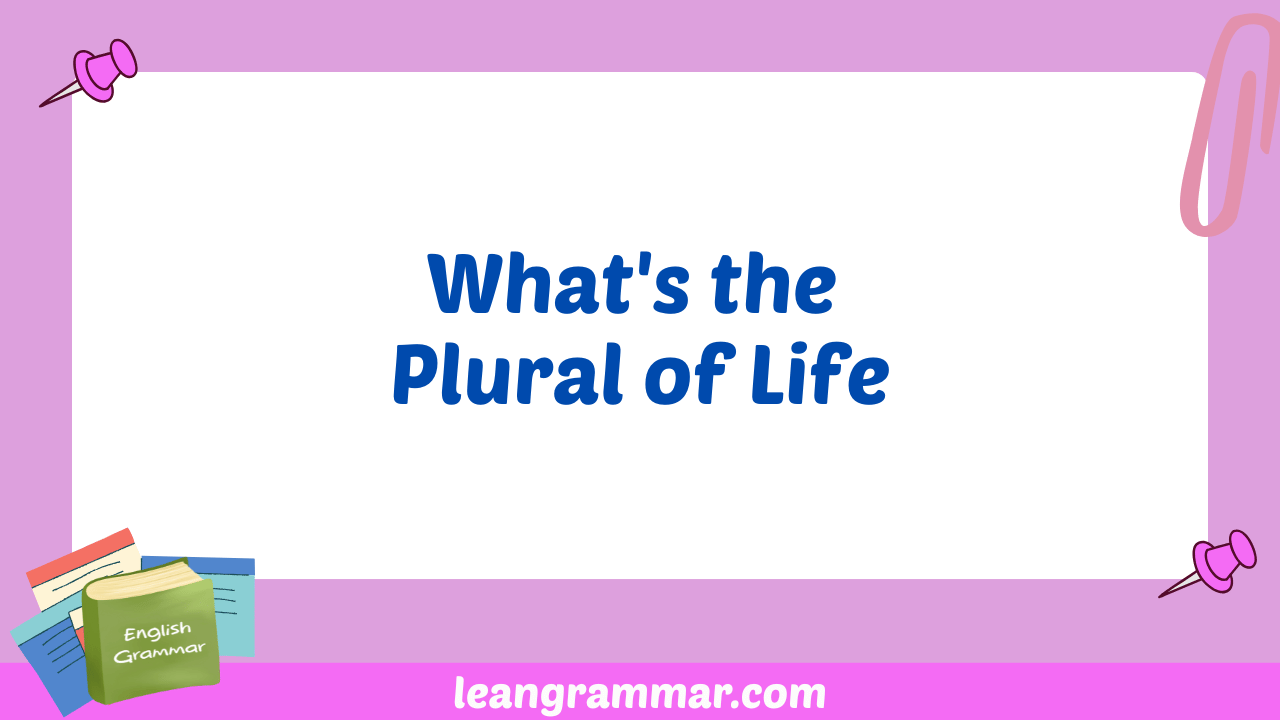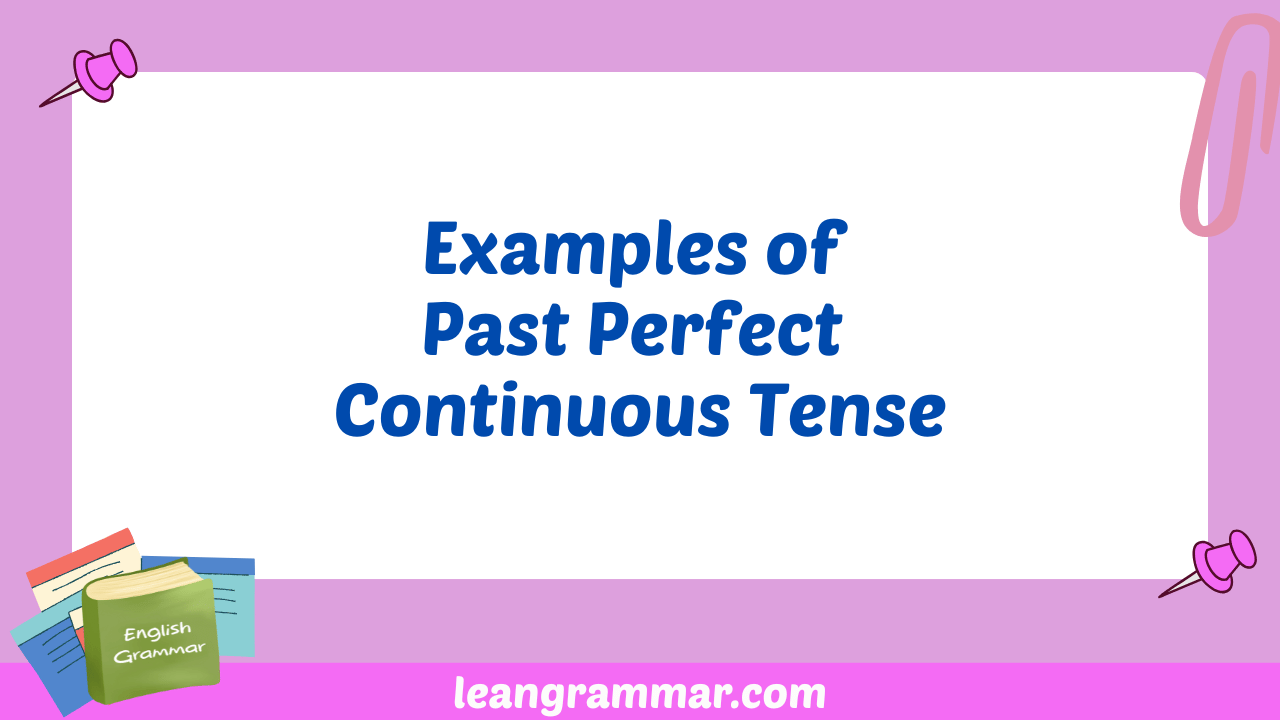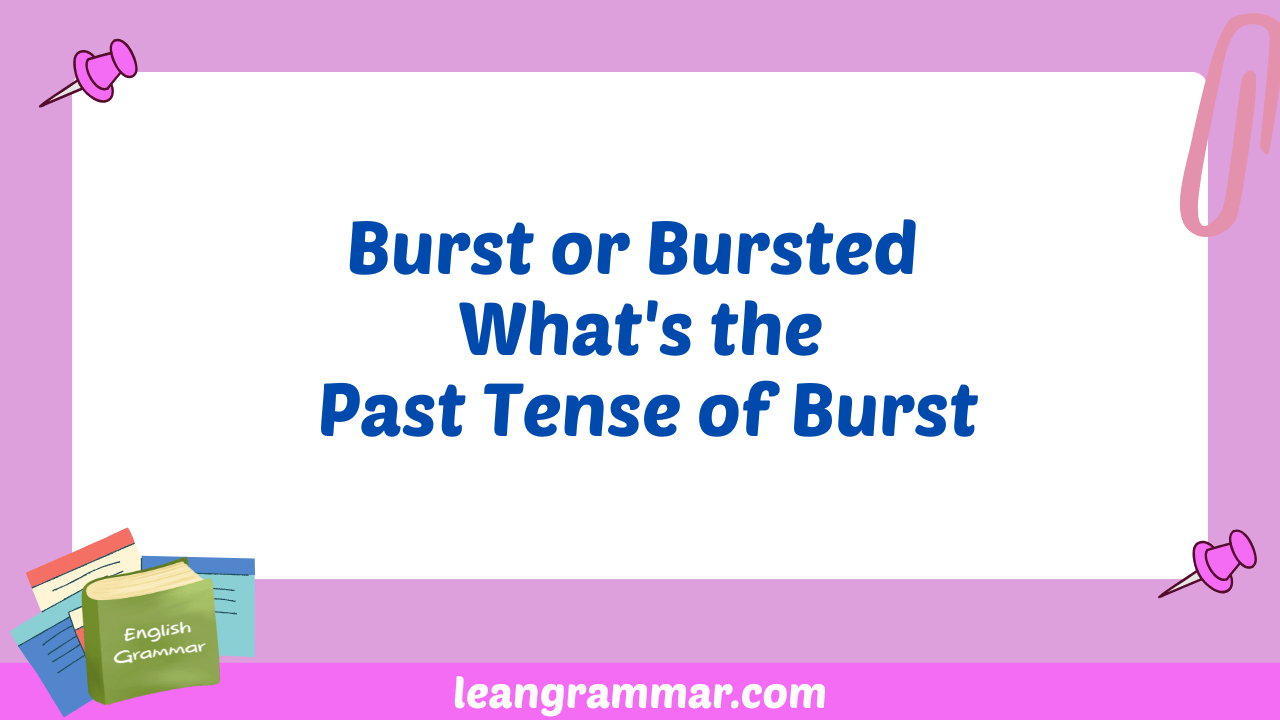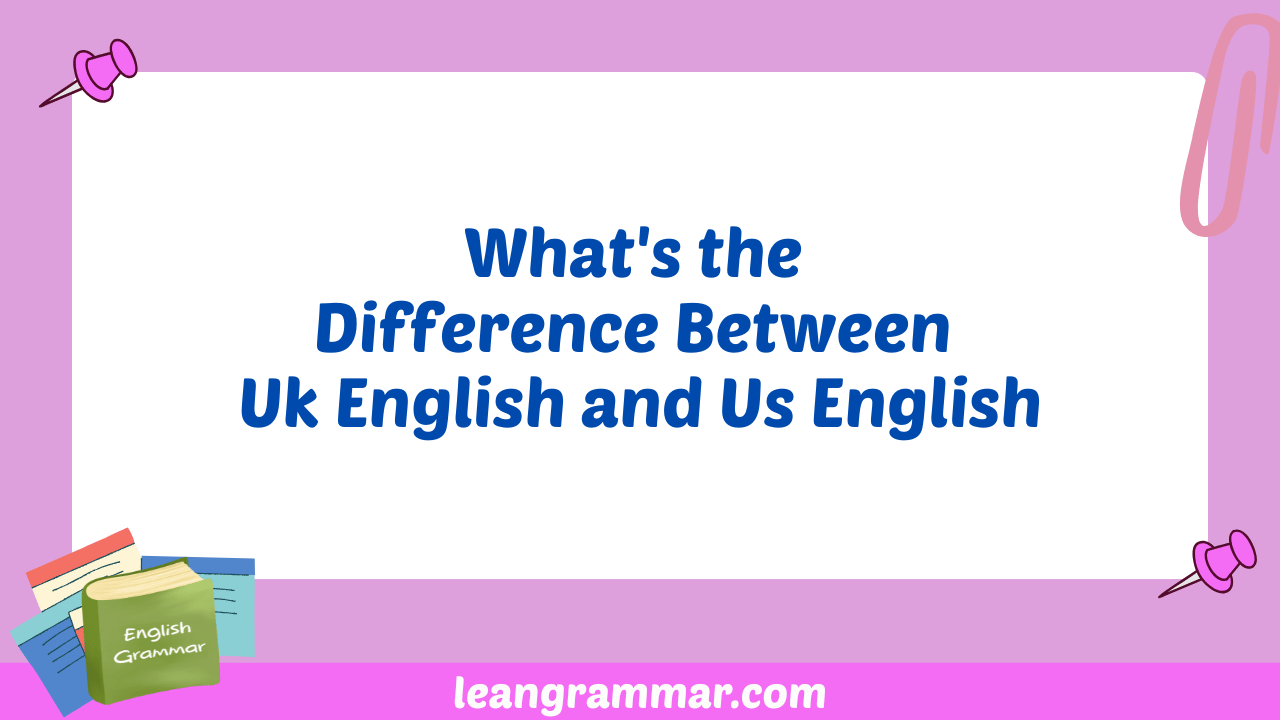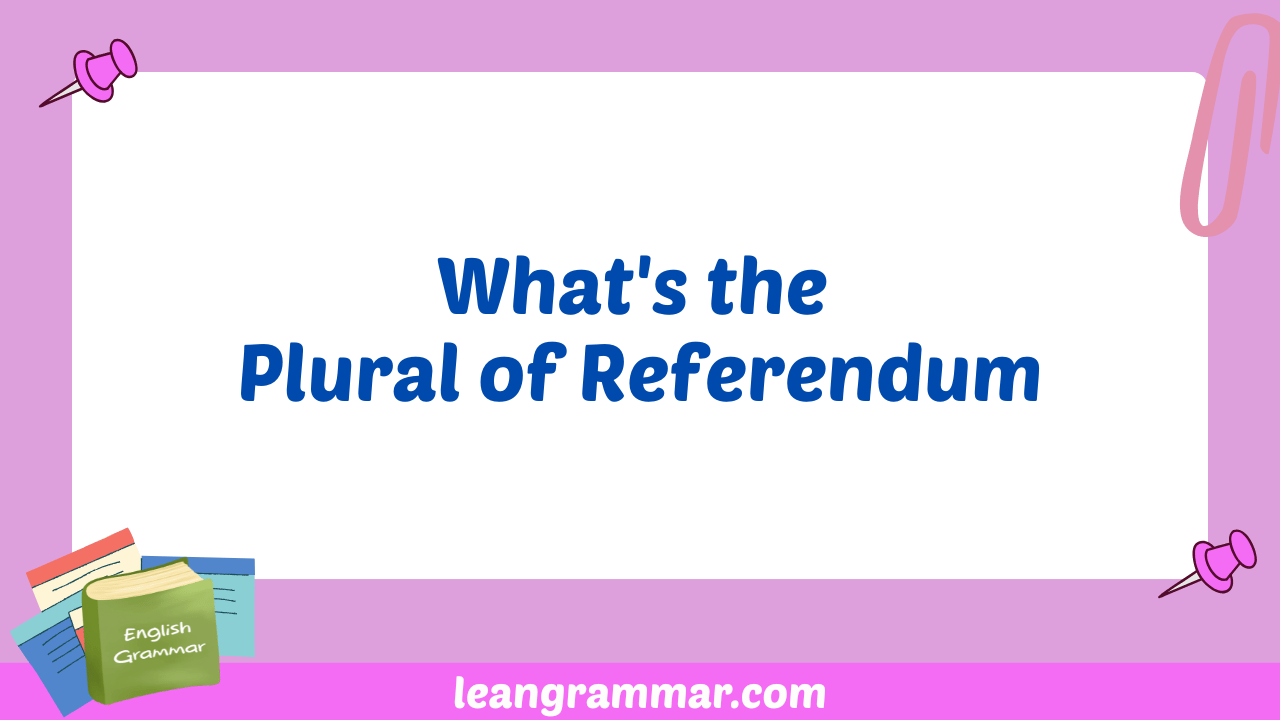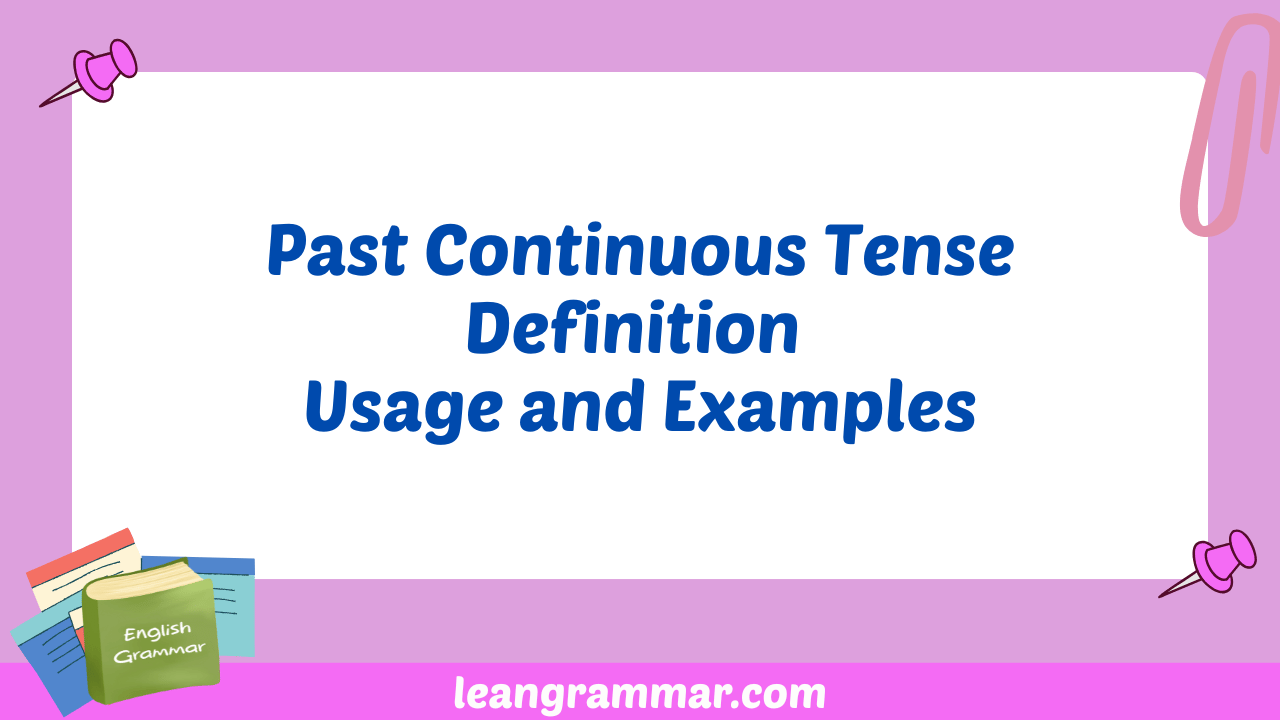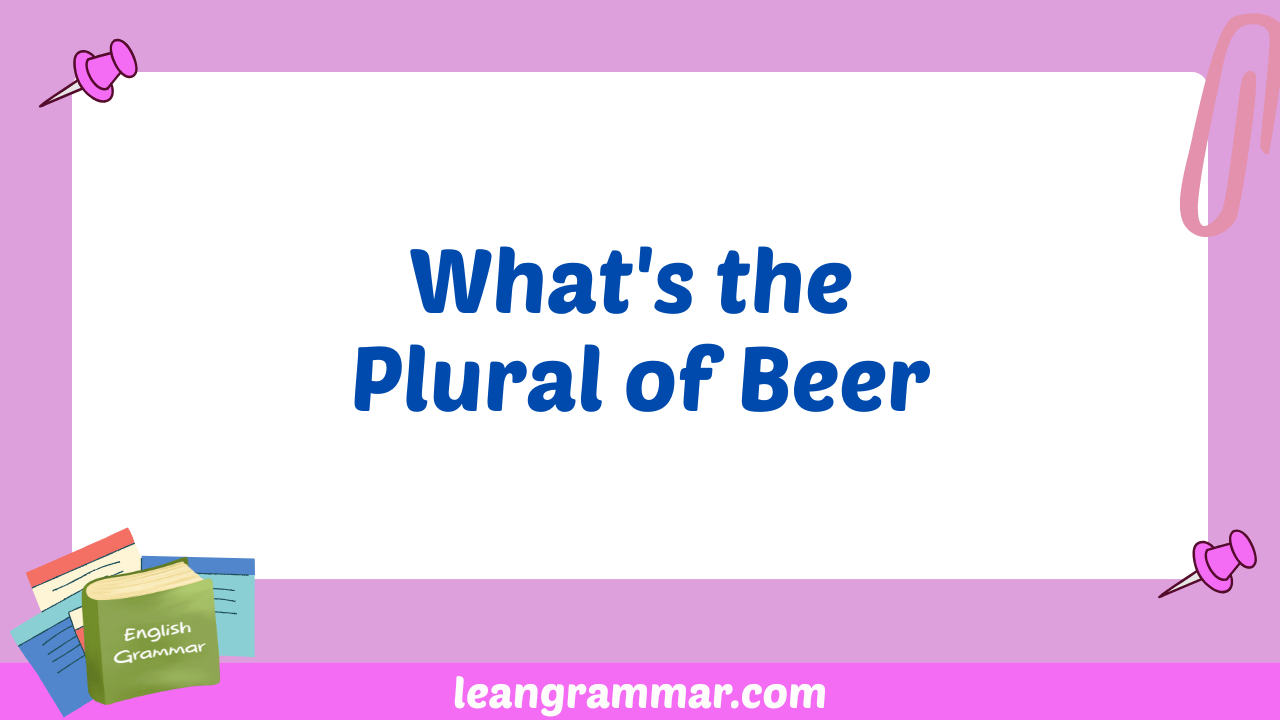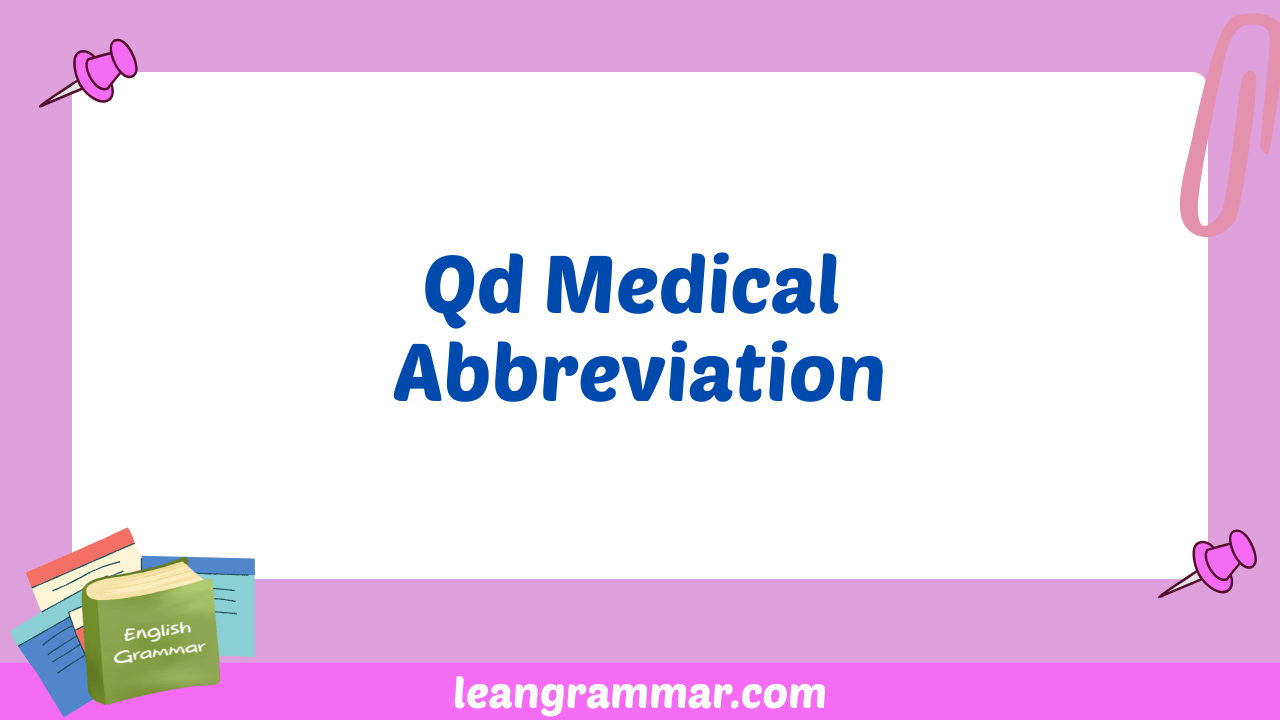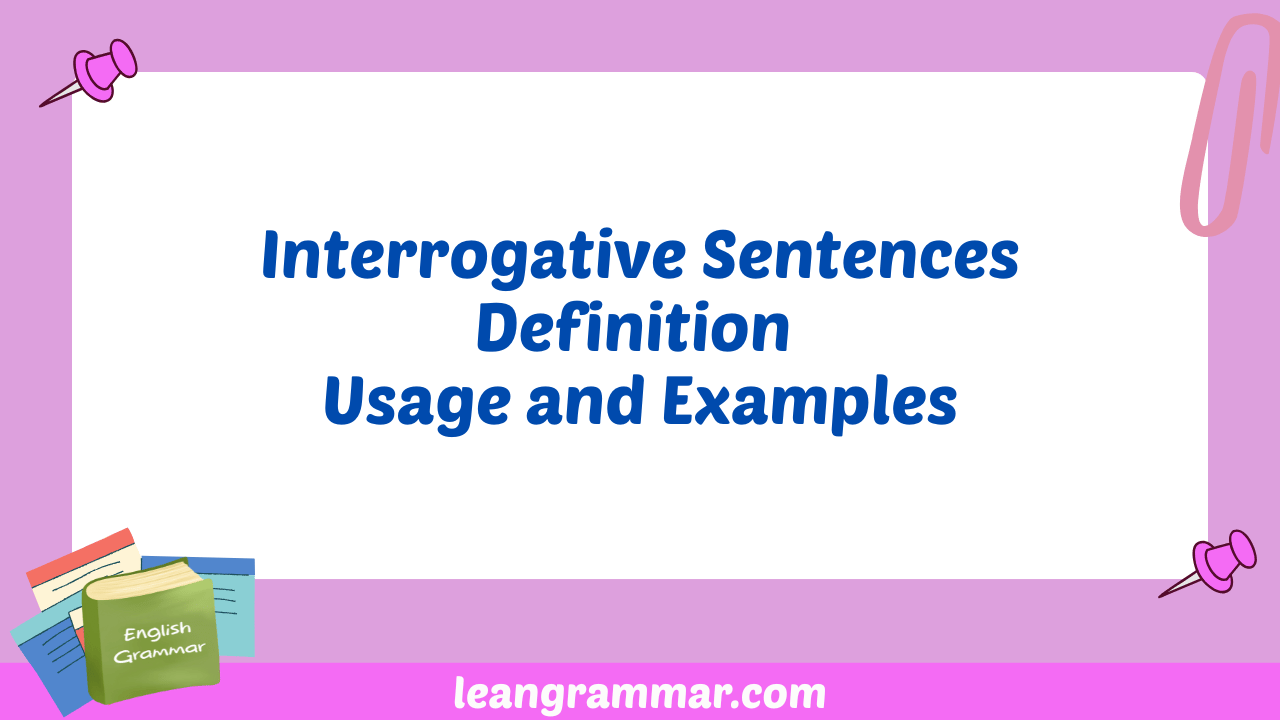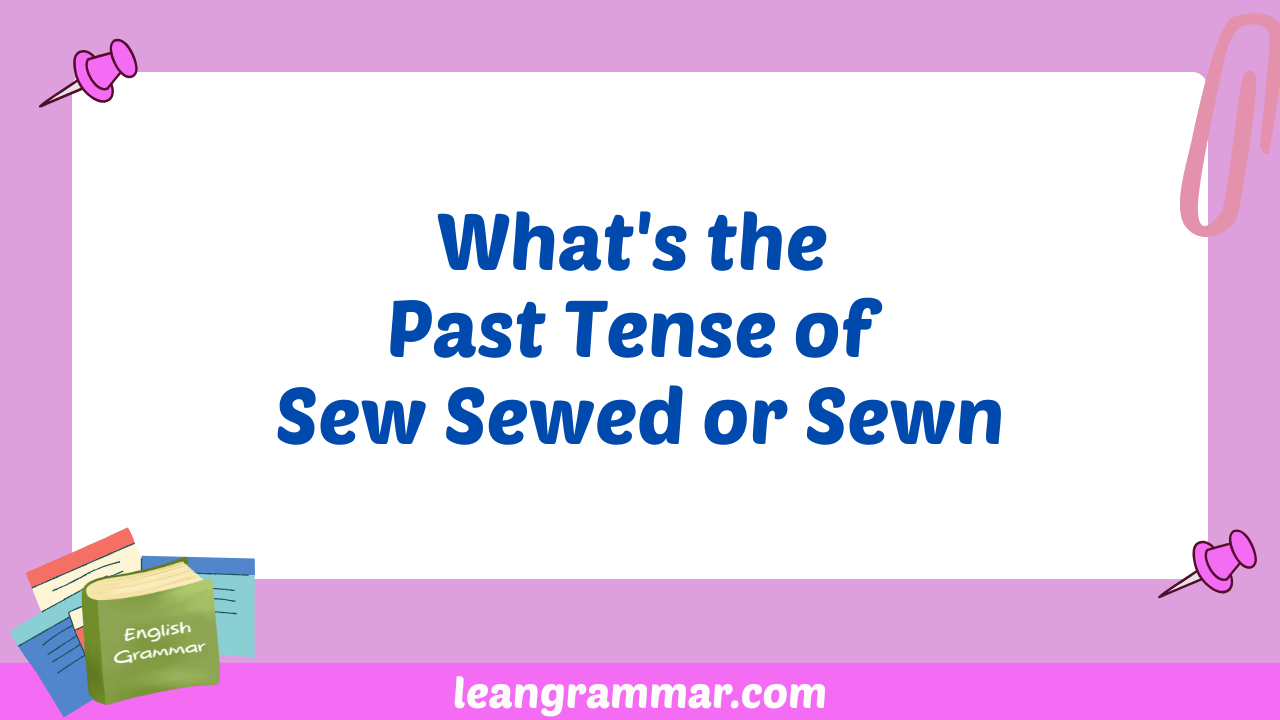Plural of Life: Mastering ‘Lives’ in English Grammar
Understanding how to form plurals of nouns correctly is a fundamental aspect of English grammar. While many nouns simply add an “-s” to become plural, some, like “life,” follow different rules. Mastering the plural form of “life,” which is “lives,” is crucial for accurate and effective communication. This article provides a comprehensive guide to understanding … Read more
